One of my favourite metaphorical stories is the ‘streetlight effect,’ also known as the ‘drunkard’s search.’ There are many versions of this quasi-parable, but they all go something like this:
One night, a police officer comes across a person (perhaps inebriated) on their hands and knees, appearing to search for something under a streetlight.
They explain to the officer that they have lost their keys.
The officer offers to help look.
After an hour of searching near the streetlight, neither of them are successful in locating the missing keys.
The officer finally asks the person if they can retrace their steps to narrow down where they may have dropped the keys.
The tipsy searcher tells the officer, “Oh, well, I think they fell out of my pocket when I was walking in the park down the street.”
Flabbergasted, the officer asks why they were looking under the streetlight, to which the person replies, “because the light is much better here.”
Ah yes, looking for answers in the easiest, most convenient places, but not necessarily where answers are meaningful and accurate. The streetlight effect has been used in various contexts, including scientific research, psychology and philosophy.
We’ve all done this at some point in our lives, and likely without a drink in sight. Perhaps nowhere is the ‘streetlight effect’ most prevalent then when it comes to matters involving ourselves. In a self-awareness study that researched 5,000 organizational leaders, 95% described themselves as being highly self-aware. Researchers discovered that only 10% to 15% actually displayed traits consistent with self-awareness (Eurich, 2014). Leaders may not be aware that they are not self-aware. That could make a great Alanis Morisette lyric.
Actively practising self-awareness is the equivalent of using a bright flashlight to search for the lost keys in the darkness. It may be time-consuming, perhaps at times unpleasant, but it is the only way to yield our desired results.
A coaching client of mine came to me to help her overcome the challenges she was facing at work. She was a successful executive who was incredibly passionate about her job. She had a capable team around her, but she was micromanaging them, and it was causing tension and resulted in a less-than-stellar performance review. When we first began speaking about the subject, she told me that the goal of our coaching conversations was to find ways to better articulate her expectations to her team.
It was my coachee’s belief that the problem was that her team did not fully understand why she had to be involved in their projects, and therefore improving how she communicated with them would make them see why she needed to be so “hands-on.” The stakes were high, and being involved and controlling certain parts of the work would increase the chance of success for the entire team. Fix communication, and that would lead to a better relationship with her people. In other words, the light was much better there.
If someone came to me with this issue before I was a coach, I would have been ready to dole out plenty of advice on overcoming the challenge. But coaching has taught me that advice-giving does little to change people’s beliefs. Being asked powerful open-ended questions in a non-judgemental way, rather than being told what others think about an issue, is the most effective way to gain clarity, improve self-awareness, and ultimately helps us move forward constructively.
As my client and I explored the subject in search of clarity, there was one question that I asked that was particularly thought-provoking for my client:
“What do you believe is your primary job as a leader of people?”
My client knew that her job as a leader was to develop her people and ensure they were supported in the work they produced. The question I asked invited her to self-reflect on how she was delivering against this important leadership aspect. She eventually concluded that by micromanaging, she was robbing her team of the opportunity to develop and showcase their talents, and it was also preventing her from generating big picture ideas because she was so wrapped up in minute details. Her actions did not align with the leader she wanted to be. Before long, her goal shifted from ‘improving communication’ to creating an action plan on building trust with her team. The process led her away from the narrow reflection of the streetlight, towards unexplored and more meaningful areas of leadership.
“What do your “keys” look like in the year ahead, and where are you prepared to search for them?”
As we move towards the end of this unfathomable year when we typically engage in reflection and planning, it may be an opportune moment to ask yourself the following:
What do my “keys” look like, i.e. what is important to me in the year ahead? What answers am I looking for?
Will I search in the easiest places, under the convenience of available light? Or am I willing to fumble in the dark to gain meaningful insight and the outcome I want and need?
No matter what you will search for in the year ahead, whether they be personal, professional, or both, know that self-awareness can help challenge the streetlight effect and act as the brightest of lights in the darkest of corners to inevitably find the answers you are looking for.



